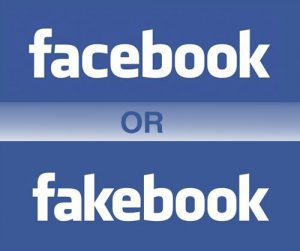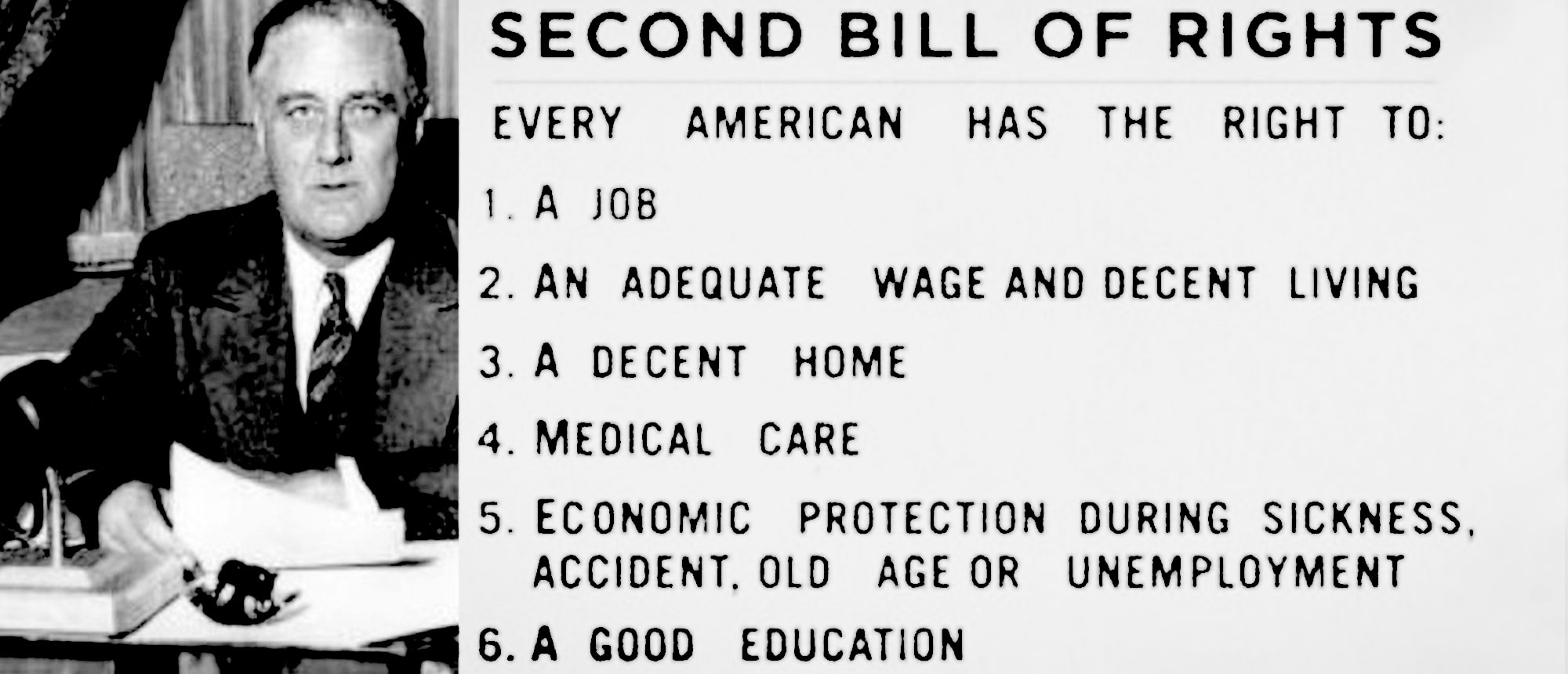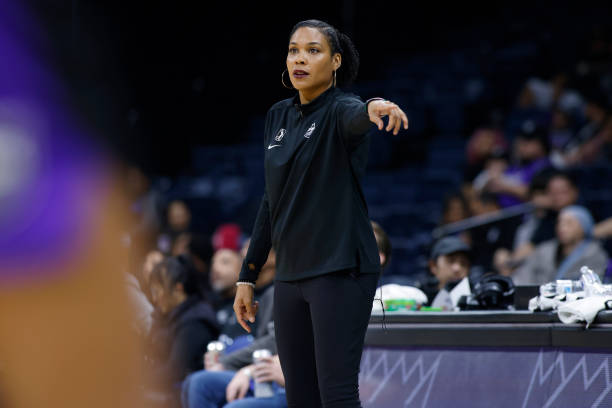(ThyBlackMan.com) Amanda logged onto Facebook one evening after getting home from work and scrolled through the news feed. Her fellow high school track buddy Ericka posted an adorable video of her two-year old daughter playing in the backyard. A colleague from her first job out of college posted a pic of her and her husband hiking with the caption, “My hubby is amazing. How lucky am I to be his wife for 15 years. Love you, sweetie!” They were celebrating their 15th wedding anniversary at a cabin in the mountains. Her ex-roommate’s sister Mia had just landed a promotion and posted her excitement “Promotion today! And a raise! I feel so blessed!” her post read.
Judy’s co-worker Barbara from accounting, a sweet woman in her sixties had a new profile pic with her son at his graduation from medical school. He looked so happy in his cap and gown. It was all good news. Everybody’s life looked spectacular and exciting. But  that night, Amanda didn’t cheer. She sat in front of her computer and cried.
that night, Amanda didn’t cheer. She sat in front of her computer and cried.
“What’s wrong with my life?” she thought. As she sat in front of the computer, wanting to post something interesting, she wondered what would happen if she posted the truth: “I suspect my husband is cheating on me with a co-worker, my son just told me college isn’t for him and he’s dropping out, and my boss gave me an unfair review that’s going to sabotage any hope that I’ll get promoted in the next year!” She wondered how many people will click “like” on that post?
That night, Amanda shut down her account. She realized the constant peering into the online lives of people she never talks to, and some whom she hasn’t seen since graduating high school or college, was not a diversion from her problems. Instead, it made her feel worse about her problems by suggesting that everyone else didn’t have any.
One of the most significant cultural shifts of the last decade is the extent and pace with which we can communicate and connect with an ever-increasing network of people – many of whom we never come in real life contact. In the 1950s and 60s, television gave us a 3-D visual point of comparison of what life should look like based on the sitcoms and dramas that were presented. But today, real life and reality collide every day, not just on television, but on your computer, your tablet, your phone. You keep tabs on what everyone is doing – or supposedly doing – 24/7.
Research has shown repeatedly that comparing yourself to those you think are doing better than you in some way, decreases your happiness. If your comparisons are balanced with comparisons to those who are not doing as well as you, the perspective keeps your happiness in check. But we are often more likely to notice who has what we want than to pay attention to those who haven’t yet attained what we already have.
The solution? Limit your exposure to constant upward social comparisons. And secondly, practice gratitude as a means of remaining aware of the blessings in your own life rather than obsessing over everyone else’s. Gratitude can keep you grounded when you feel tempted to make upward social comparisons. Have you ever felt worse after logging into your social media account? How so? Why? What steps can you take right now to be more grateful and resist social comparison? Head over to my blog and leave your comments; I’d love to hear your thoughts!
Written by Valorie Burton
Official website; http://www.ValorieBurton.com




















Leave a Reply